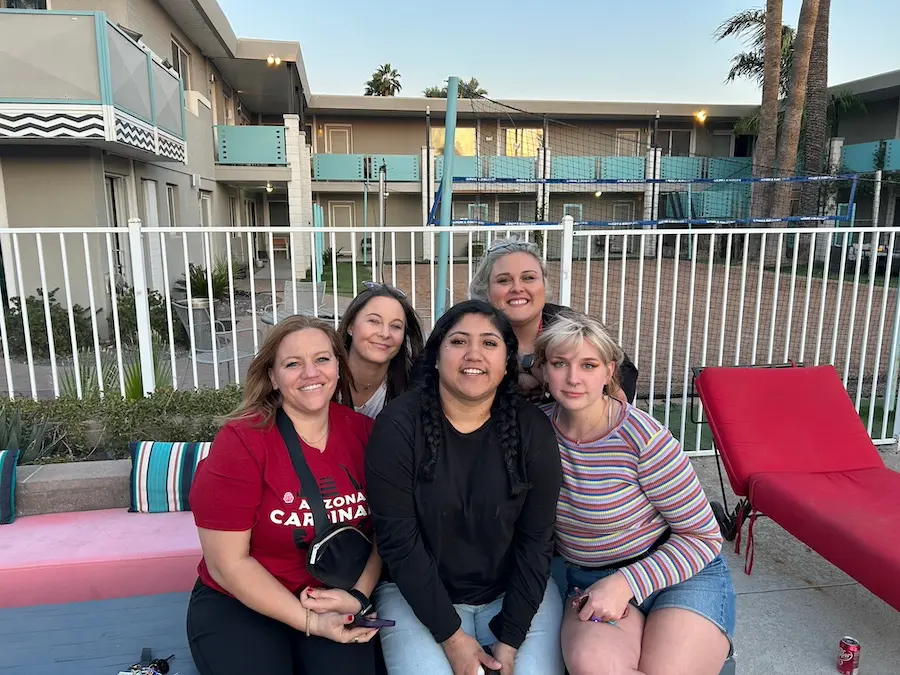Even though recovery should be a top priority, it can be easy to let concerns about money, treatment costs, and billing get in the way.
We’re here to address those questions head-on, so you can continue your sobriety journey in confidence.
If you’ve ever wondered, “Does insurance cover sober living?” you’re not alone. It’s a question many have wrestled with as they seek the best path forward. It’s a valid concern, considering the importance of financial planning in this process.
So, let’s dive in and explore what you need to know.
Does Insurance Cover Sober Living?
Now, that’s the million-dollar question: does insurance cover sober living? Well, the answer isn’t as straightforward as we’d like. You see, many insurance companies do acknowledge the significance of sober living in the recovery journey. However, there are nuances.
According to the Affordable Care Act, insurances are required to provide coverage for substance abuse disorders, which would include treatment. And while a treatment program focuses on recovery with medical and therapeutic methods, sober living is not often deemed as a “medically necessary” service.
Sober living does come with a long list of benefits, though! Places like Sober Apartment Living provide a supportive substance-free living environment that supports its residents’ transition to independent, sober living.
Understanding this distinction can shed light on what your insurance may cover. The specifics depend on your insurance policy, your state regulations, and other factors.
The Costs of Sober Living
Let’s talk rent. Sober living often comes with expenses, but there are also lots of ways to handle them.
At Sober Apartment Living (SAL), we’re committed to making this choice affordable. Both of our locations in Scottsdale, AZ, and Wheat Ridge, CO offer competitive pricing to make it easier on the residents – and our sober apartments come fully furnished with utilities and even WiFi.
Beyond Four Walls: Workshops and Resources
If monthly payments are creating a financial burden, many sober living communities work with their residents to establish a steady form of income through stable employment.
Need help finding a job or managing your finances? SAL offers some great resources to equip all residents with the tools they need for success. Between career & money management workshops, job coaching, and even transportation, we’ve got your back!
Ready to Take the Plunge?
At the end of the day, sober living is a key part of the recovery process because it helps people transition from treatment to their day-to-day. Lots of sober living communities, like SAL, work hard to make this an affordable option, regardless of insurance coverage.
Stop wondering “Does insurance cover sober living?” and start asking if you need sober living to thrive and succeed in your recovery.
As our team at SAL knows very well, sober living isn’t just a phase; it’s a lifestyle. And if you’re ready to embrace it, we’d love to welcome you with open arms. With locations in Scottsdale, AZ, and Wheat Ridge, CO, Sober Apartment Living offers the perfect blend of affordability, support, and community.
So why wait? Take the first step towards a brighter, sober future and apply today!





















